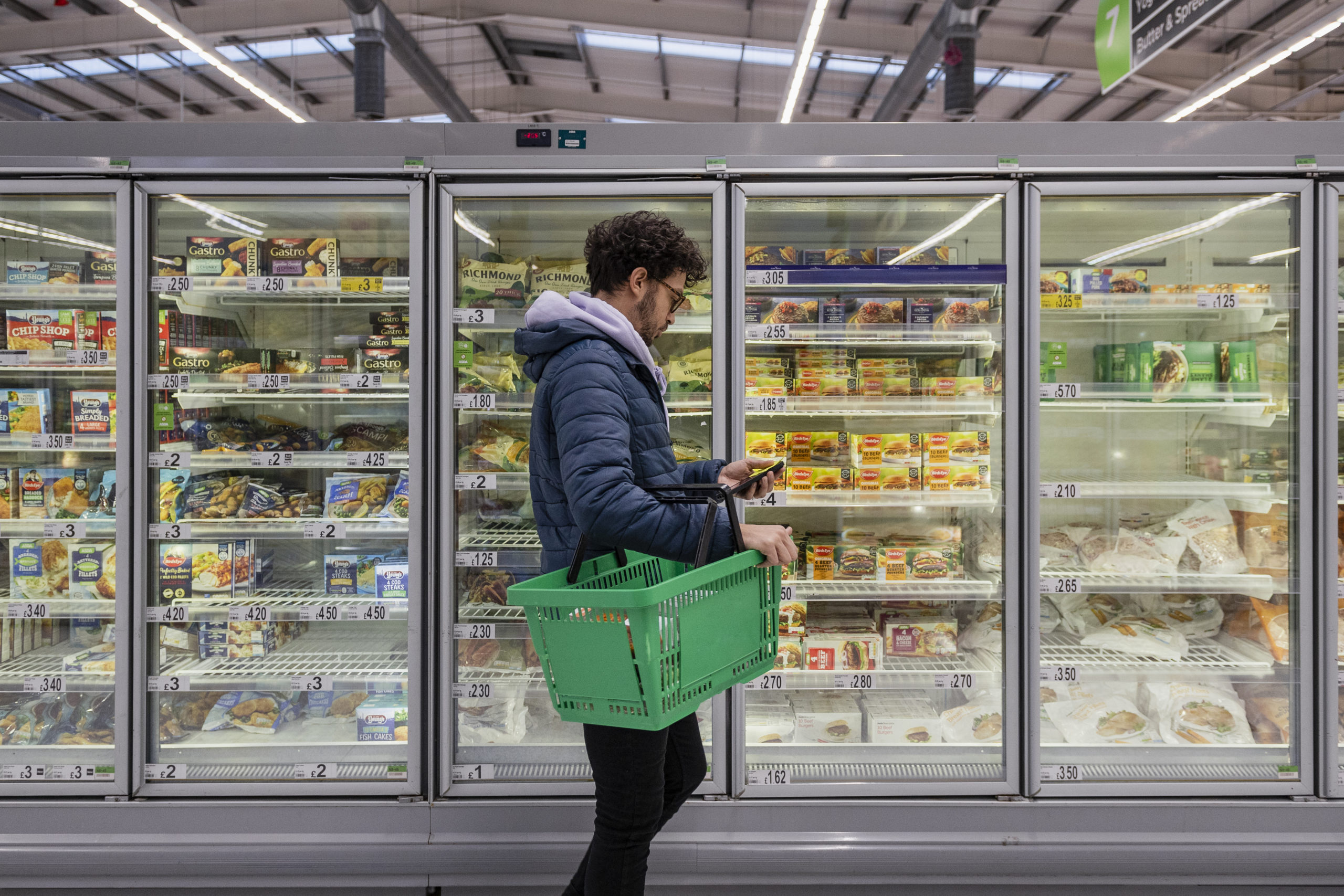The fast-moving consumer goods (FMCG) industry has been a cornerstone of the global economy for decades, encompassing a wide range of products that are in constant demand. As we stand at the precipice of a new era, it is crucial to examine the future outlook of this industry and understand the key trends and challenges that lie ahead. In this blog post, we will delve into the multi-faceted landscape of the FMCG industry, exploring its transformative potential, emerging technologies, evolving consumer preferences, and sustainable practices.
- Shifting Consumer Dynamics:
The future of the FMCG industry hinges on understanding the changing dynamics of consumer behavior. With the rise of digitalization and e-commerce, consumers now have unprecedented access to information, enabling them to make more informed choices. Personalization and customization will become paramount as consumers seek products tailored to their individual needs and preferences. Additionally, the growing emphasis on health and wellness will drive the demand for organic, natural, and sustainable products. - Technological Innovations:
The FMCG industry is on the cusp of a technological revolution that will reshape its landscape. Artificial intelligence (AI), machine learning, and big data analytics will play a pivotal role in optimizing supply chain management, enhancing product development, and improving customer experiences. Smart packaging, IoT-enabled devices, and blockchain technology will enable greater transparency, traceability, and authenticity in the industry. Furthermore, the integration of augmented reality (AR) and virtual reality (VR) will revolutionize marketing strategies, allowing consumers to engage with products in immersive and interactive ways. - Sustainability and Ethical Practices:
As environmental concerns continue to gain prominence, the FMCG industry must embrace sustainable practices to secure its future. Consumers are increasingly conscious of the ecological impact of their choices and are demanding eco-friendly alternatives. Companies that prioritize sustainable sourcing, reduce waste, and adopt renewable energy solutions will gain a competitive edge. Moreover, ethical considerations, such as fair trade and social responsibility, will become integral to brand reputation and consumer loyalty. - Global Expansion and Emerging Markets:
The future of the FMCG industry lies in the untapped potential of emerging markets. Rapid urbanization, rising disposable incomes, and a growing middle class in countries like China, India, and Brazil present immense opportunities for expansion. However, companies must navigate diverse cultural landscapes, adapt to local preferences, and overcome logistical challenges to succeed in these markets. Strategic partnerships, localized marketing strategies, and innovative distribution channels will be crucial in capturing the vast consumer base.
Conclusion:
The FMCG industry is poised for a transformative future, driven by shifting consumer dynamics, technological advancements, sustainability imperatives, and global expansion. Companies that embrace these changes and adapt their strategies accordingly will thrive in the evolving landscape. By staying ahead of the curve, leveraging emerging technologies, and prioritizing consumer needs, the FMCG industry can continue to meet the demands of a rapidly changing world.



